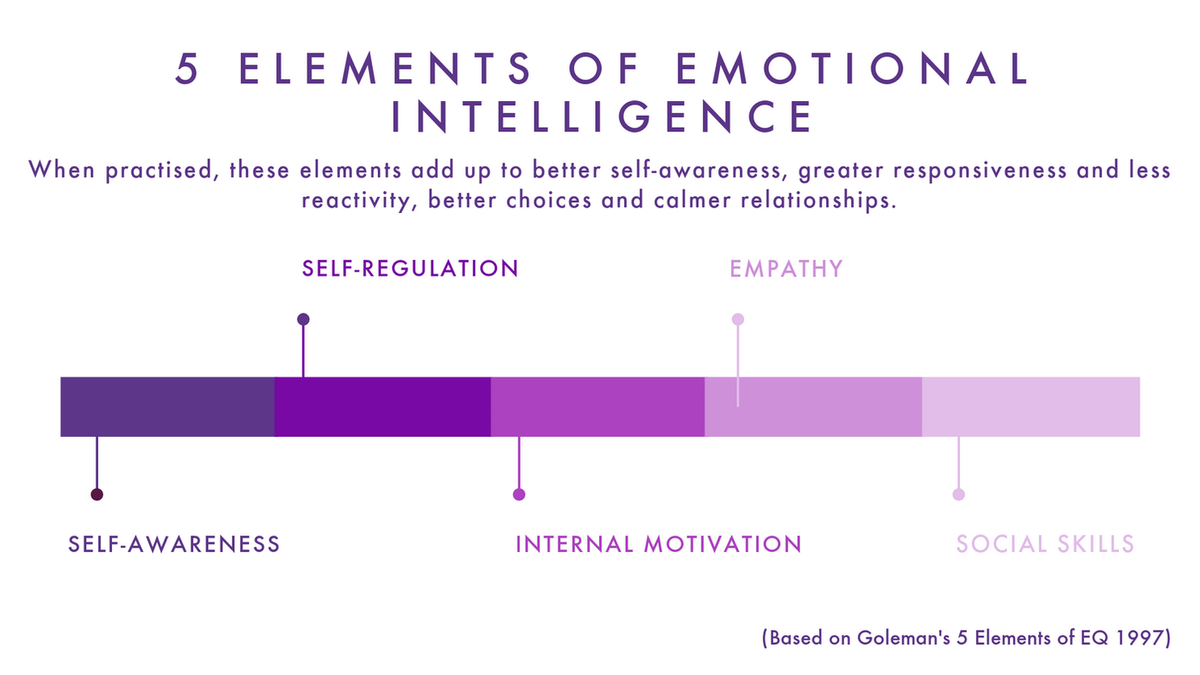From the Counsellors

Emotional intelligence in teenagers – let's be intentional!
Emotional intelligence (otherwise known as emotional quotient or EQ) in young people is necessary for healthy relationships and it’s more important now than ever.
Some would say that we, as parents, caught some EQ on our way through adolescence. In the day of screens, social media and now COVID-19, however, we need to be more intentional to ensure our young people can sustain healthy relationships as they grow up in today’s world.
The Inspiring Girls website has a great article on EQ, linked here, which discusses how parents and carers can teach emotional intelligence more effectively at home and support girls to thrive.
The ability to regulate emotions is critical for understanding self and being aware of self. When we are calm, we are able to be aware of our assumptions, bias and judgements and have the opportunity to think before speaking. This way of being enables us to have transparent, compassionate relationships and minimises any unnecessary hurt or misunderstandings.
The aforementioned article outlines 10 important skills that need to be 'taught, not caught'. Young people are picking up skills at home, schools and other places where positive role modelling is occurring, but is it enough to get through the challenges of being a teenager in our current world?
The most critical skills for developing emotional intelligence are listed below:
- Identifying which specific emotions you’re feeling.
- Identifying which specific emotions someone else is feeling.
- The ability to start and persist in pursuing goals even when you feel anxious.
- The ability to tolerate awkwardness.
- The ability to have intimate conversations rather than stonewall, avoid, or flee.
- The ability not to crumble when someone is pressuring you.
- The ability to soothe your own emotions.
- The ability to soothe other people’s emotions.
- The ability to not go over the top with positive emotion.
- The ability to delay gratification.
These skills are part of the work our Counsellors are undertaking each day in supporting young people at St Mary’s College. We understand the importance of coaching young people to believe in themselves and push through difficult emotional or body responses to fear.
Enjoy this article and please be in touch with the Counsellors if you have any further questions.
Taylor Fletcher (Kinder–Year 6) and
Rachel Sylvester (Years 7–12)
SMC Counsellors

